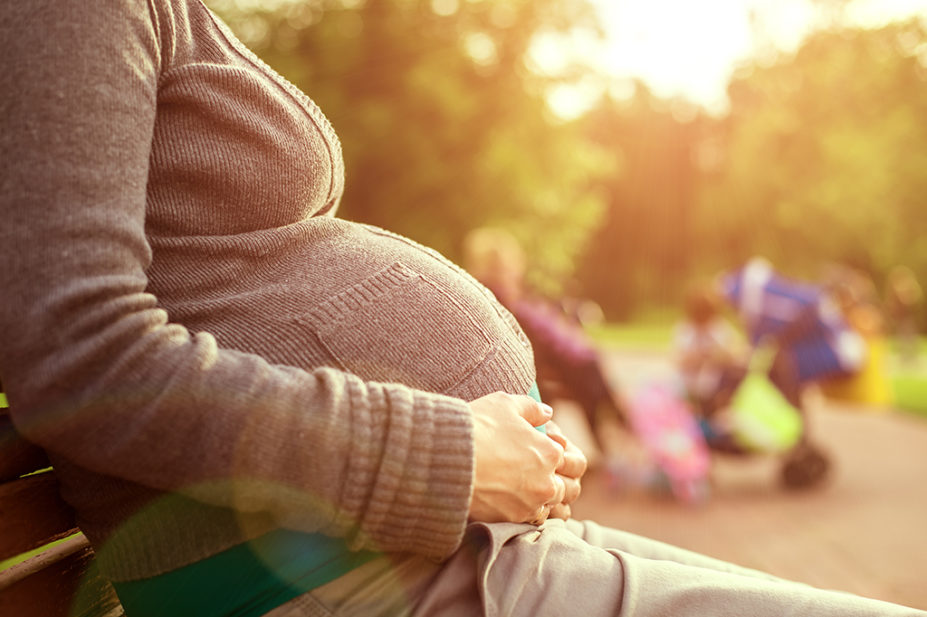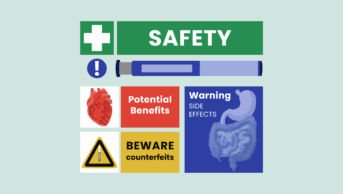
Shutterstock.com
Between April 2021 and March 2022, more than 400 pregnant women were prescribed the anti-epileptic medicine topiramate, which has been found to cause congenital malformations, figures published by NHS Digital have revealed.
During the same time period, 42 women were prescribed the anti-epileptic sodium valproate during their pregnancy.
The data, published on 29 September 2022, covers prescribing of anti-epileptic drugs in females aged 0–54 years in England from 1 April 2018 through to 31 March 2022.
Overall, it shows a reduction in the number of females prescribed sodium valproate; from 27,441 in April 2018 to 19,766 in March 2022.
However, the numbers also show that sodium valproate, which can cause birth defects, is still being prescribed during pregnancy, with 42 women being prescribed the drug at some point during their pregnancy between April 2021 and March 2022, compared with 43 in the previous year.
In addition, the data show that, during that same time period, 430 females were prescribed topiramate, which is used for treatment of migraines as well as epilepsy, during their pregnancy.
In 2021, a safety review, carried out by the Medicines and Healthcare products Regulatory Agency (MHRA) found that carbamazepine, phenobarbital, phenytoin and topiramate were associated with an increased risk of major congenital malformations.
In July 2022, the MHRA launched a further review looking specifically at the safety of topiramate, after study results showed an increased risk of autism, developmental disorders and learning difficulties among babies exposed to the medicine during their mother’s pregnancy.
The researchers, who studied records of 4.5 million children in Denmark, Finland, Iceland, Norway and Sweden, concluded that their results did not suggest that topiramate was a safe alternative to sodium valproate. They also found that sodium valproate was linked to a similar level of risk as topiramate.
Daniel Jennings, senior policy and campaigns officer at Epilepsy Action, said it was “concerning” to see that prescribing figures for valproate had not decreased, compared with the previous year, and that despite the MHRA identifying other epilepsy medicines that could pose a risk if taken in pregnancy, there had been “little or no communication” about these risks.
“There is also still a large group of epilepsy medicines where we don’t have an adequate bank of evidence about their safe use during pregnancy,” he added.
“The MHRA and NHS England need to work together to communicate the risks and carry out research to protect women with epilepsy.”
Jennings said that Epilepsy Action was working with the MHRA to share the findings of its 2021 review and provide safety information on its website.
“We are also launching a survey with other epilepsy charities this winter for women and girls with epilepsy about the risks of epilepsy medicines in pregnancy so we can ensure they are fully aware and able to make informed decisions,” he added.
A Valproate Safety Implementation Group was set up by NHS England to explore deprescribing sodium valproate where safer alternatives are available, ensuring access to highly effective contraception and shared decision making.
It follows a ruling in 2018 from the MHRA that valproate must not be used in any woman or girl who is able to have children unless she is supported by a Pregnancy Prevention Programme.
Sodium valproate was also included in guidance for primary care networks in March 2021 for identifying and prioritising patients who would benefit from structured medication reviews.


